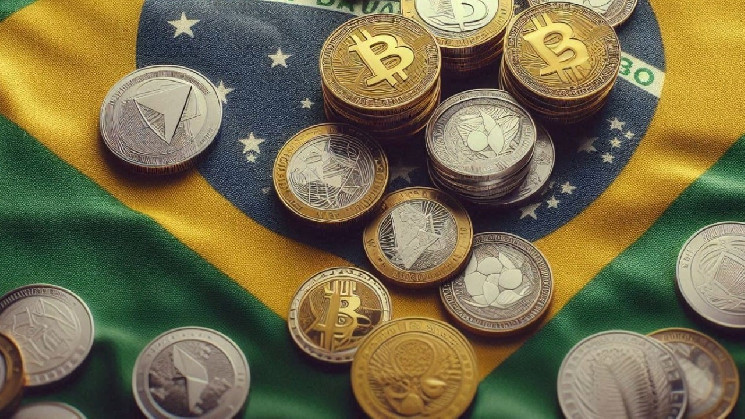The Central Bank of Brazil propped up tokenization and “open finance” as key elements of the future’s financial system. In a panel presentation before the IMF and the World Bank, the bank’s president stated that the intersection between these had been underestimated.
Central Bank of Brazil Considers Tokenization Potential ‘Underestimated’
In a recent panel presentation held in Washington, the Central Bank of Brazil delved into the possibilities of tokenization and its benefits to the financial system when integrated with other elements.
Central Bank’s President Roberto Campos Neto, who participated in the panel before the International Monetary Fund (IMF) and the World Bank, stressed that the possibilities of the intersection of tokenization and elements like “open finance” had been underestimated, propping up the potential of these solutions.
Open finance involves “sharing data, products, and services between regulated entities” with user permission. These procedures are focused on encouraging innovation and promoting competition to facilitate the implementation of new business models.
At the presentation, Campos Neto explained that tokenization allowed to bring programmable payments, and broad open finance together as building blocks, “exploring the capacity to have this financial marketplace in a single environment.”
Highlighting the relevance of tokenization for the concept of banking balance sheets and operations’ efficiency, Campos Neto declared:
Banks will slowly move from looking at the balance sheet on an account basis to looking at it on a ‘token’ basis, and we think that has a lot of efficiency and productivity. Tokens are better for banks to manage risks, to manage collateral and funding.
Tokenization and stablecoins, two main elements of the cryptocurrency system, are part of the bank’s regulatory schedule for 2025. Campos Neto pointed out the advantages of digital assets before, claiming these had “the potential to generate enormous efficiency gains in payment and credit services and promote the expansion of the capital market.”
Read more: Tokenization and Stablecoins Close to Being Regulated in This Latam Giant
The bank has been at the forefront of innovation, hinting at new technologies like artificial intelligence (AI) as part of Drex, its current central bank digital currency (CBDC) project.
Read more: Central Bank of Brazil Hints at a Future Integration of AI Into Its CBDC
To follow all the latest developments in crypto and the economy in Latin America, sign up for our Latam Insights newsletter below.
 news.bitcoin.com
news.bitcoin.com
